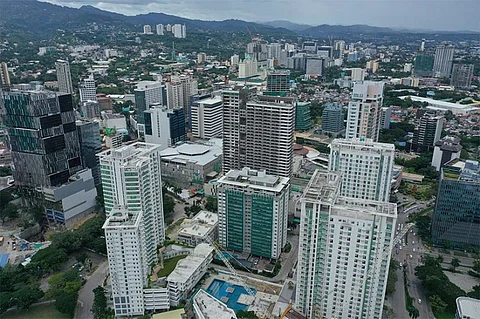

THE Philippines is emerging as a destination for branded residences, with a market poised for significant growth, a hospitality and real estate consultancy firm said.
The latest study by C9 Hotelworks showed a 105 percent increase in the pipeline of new projects for branded residences, translating to an additional 5,599 units, augmenting the current supply of 5,319 units.
Bill Barnett, managing director of C9 Hotelworks, said Metro Manila accounts for 43 percent of the total upcoming branded residence projects, underscoring the metropolis’ draw as the center for high-end residential development.
Founded in 2003, C9 Hotelworks is a leading hospitality consulting group, specializing in hotels, branded residences, real estate and mixed-use developments across the Asia Pacific and Indian Ocean regions.
Cebu, on the other hand, is also a recipient of this growing trend with six branded residential properties (both existing and upcoming) with an inventory of 1,621 units.
“The Philippines branded residences market is experiencing a significant maturation, impacted by urbanization and a post-pandemic shift in lifestyle changes. The market is poised for a high level of growth,” said Barnett during his recent visit to Cebu.
According to Barnett, urban areas, led by Metro Manila, favor condominiums, while much of the new incoming supply in the Visayas and Palawan is mostly resort-based as part of a hospitality operation.
He mentioned as an example the entry of Accor to Cebu to operate and manage the 1,100-room Pullman Mactan Cebu Hotel and Residences, which is set to become the world’s largest Pullman property. This upcoming project that will be completed in 2028 will be built by Tytans Properties Development, the developer of Tambuli Seaside Living.
Other branded residences in Cebu are 180-room Citadines Cebu Apart’ Hotel, 172-room Somerset Gorordo Cebu; 154-room The Residences at Sheraton Cebu Mactan Resort; 248-room Mövenpick Residences; 319-room Marco Polo Residences; and 548-room Hotel 101 Cebu (that is still in the pipeline), among others.
Barnett said developers are now keen on investing in branded residences because of the attractive investment yields offered by management programs, coupled with a rising demand for residential-type units.
“Hotel-branded residences are redefining luxury living in the Philippines, and I expect this momentum to be sustained, driving the evolution of the country’s property market in the coming years,” he said.
Barnett said a rental program or option is important for branded residence sales, catering to local buyers’ preference for financing options.
Urban branded residences mainly appeal to Filipino buyers, while resort properties are favored by foreign retirees, overseas Filipino workers and vacation homeowners.
In a separate interview, organizers of the PropertyGuru Philippines Property Awards recognized branded residences as a new product that is growing and gaining traction in the Philippine property scene.
“The brand gives people confidence. They feel safe because it is an international brand that is managing their property,” said Jules Kay, general manager of PropertyGuru Asia Property Awards and Events.
Cyndy Tan Jarabata, chairperson of the independent panel of judges and president of Tajara Leisure & Hospitality Group Inc., said Mactan stands to benefit from the expansion of branded residences because of its prime location with the presence of the award-winning Mactan-Cebu International Airport.
“With the airport very close there is so much of that value that is not only for local tourists but also for foreign tourists,” said Jarabata, adding that branded residences have also expanded outside Cebu to destinations like Panglao, Bohol.
“They’ve seen the traction in terms of sales and people are interested in investment in resort living and at the same time the residential component,” she said. / KOC